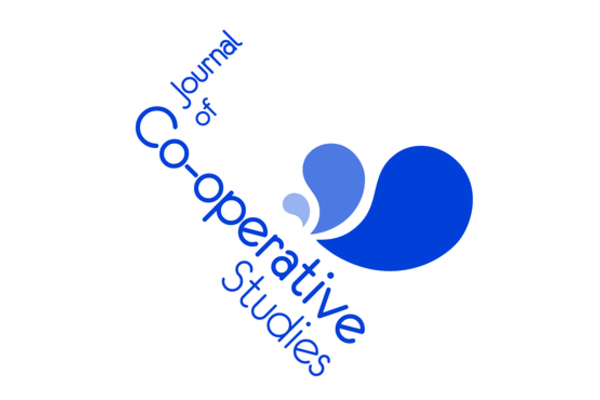Peer-reviewed articles
Cooking co-operatively at Shun.
Robert C. Marshall, pp. 5-13
The fourteen women worker-owners of the Japanese lunch restaurant ‘Shun’ cook co-operatively and parttime. As a member cooks she may casually offer the cook at her elbow a chance to taste and suggest changes to her dish. I came to call this practice “giving a taste”, but its practitioners do not remark on it or focus it as an object of awareness. Leaving this practice tacit in their work allows it to sustain both the consistently high quality of their popular cooking without reference to of the cook of each dish, and their
egalitarian ethos by forestalling ‘aggressive egoism’.
Participative Schemes and Management Structures of Ghanaian Co-operatives
Kwadwo Ansah Ofeil, pp. 14-26.
Over the past few decades the economy of Ghana has changed tremendously. This has involved the liberalisation of the economy and the introduction of structural adjustment programmes. Co-operatives now operate in a competitive economy in contrast to the days they had been operating, as monopolists in planned economy. A key objective of the study was therefore to find out what notable organisational changes the co-operatives have undergone. Most of the co-operatives have not departed away from the classical model of co-operatives whereby Management Committee itself takes over day to day operations of the co-operatives. This represents a stage of development in which co-operatives are seen as self-help.
Short articles
Guide to the establishment of a co-operatively managed biodiesel production facility recycling used vegetable oil.
Jan Cliff, Molly Scott Cato, Len Arthur, Tom Keenoy & Russell Smith, pp. 27-33
In this paper we propose the development of the market for vegetable-oil biodiesel as a system of community-based cooperatives. We have argued previously that there is an intrinsic link between sustainable businesses and co-operative organisation. The link operates through the concepts of responsibility and accountability. Mutual organisations are an empowered response to a shared problem, and are therefore entirely suited to responding to the challenge of climate change. The mutual response which is precisely the sort of motivation required for the biodiesel market to be established in Wales.
The case against social enterprise.
Steve Schofield, pp. 34-37
This paper looks at the rise in interest in social enterprises and the implications for
poorer communities and their local economies that are supposed to be the main beneficiaries. The paper begins by teasing out some of the difficulties and inconsistencies in the definition of social enterprise before critically analysing the model as a significant contribution to regeneration.
Book reviews
Trolley wars. By Judi Bevan
Reviewed by Sir Graham Melmoth
From Tyne to Thames – Via the usual channels. By Lord Graham of Edmonton.
Reviewed by Jim Craigen
Making a difference: Co-operative solutions to global poverty. Edited by Andrew Bibby & Linda Shaw.
Reviewed by Dr Patrick Develtere










